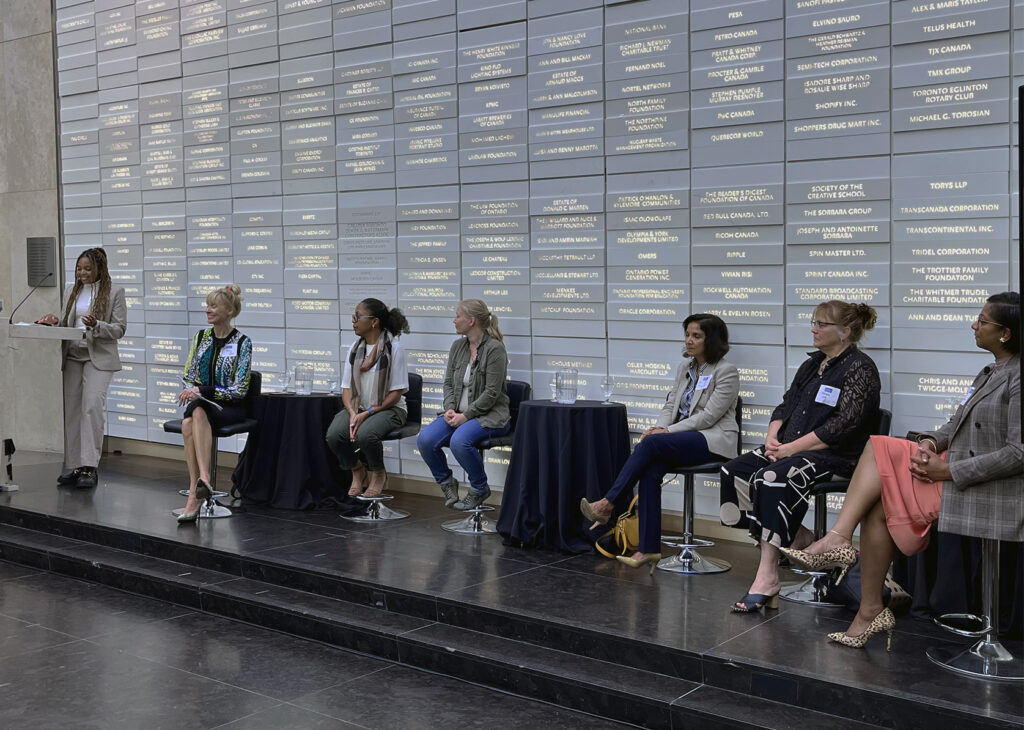
Rutuja Anandgaonkar was one of only two female graduates of her aerospace engineering program last year. “It was incredibly male-dominated,” said Anandgaonkar.
Anandgaonkar was one of the participants at the Faculty of Engineering and Architecture Science and the Faculty of Science’s Adjusting the Variables, a panel of innovative women fighting barriers in STEM that keep BIPOC women from joining the field.
In 2022, only 23 per cent of all students in the engineering and architecture science programs at TMU were women, according to Emma Grant, the executive director of advancement for the Faculty of Engineering and Architecture Science.
According to TMU academic office records, 15 per cent of students enrolled in science majors identified as female in 2022.
To address this clear gap, TMU is holding events such as Adjusting the Variables to address the imbalance and brainstorm how to improve.
The lack of female representation in STEM programs is not limited to TMU. According to Statistics Canada, women represent 47 per cent of Canada’s workforce, but only 25 per cent are in STEM careers.
“Like me, many girls have been told their dreams were not made for them,” said Krystal Henry-Mathieu, 2023 TMU environmental applied science and management graduate.
“I graduated from McMaster University (in 2020) as the only Black student in my program that year.”
Dr. Roxana Sühring, an assistant professor in the department of chemistry and biology, and Dr. Imogen Coe, a professor of chemistry and biology, are frustrated with the lack of women of colour within textbooks and manuals.
“When (POC) are depicted, it is typically to depict poverty or disease,” said Coe.
“Something can be done in every class to show representation,” said Sürhring, “You look up a scientist and you see a white man from 100 years ago with a weird hairdo. I certainly don’t look like that.”
Instead, Sürhring highlights the scientific achievements of women of colour. “I have gotten a lot of feedback from students and it seems to be powerful,” she said.
“If you have the right representation at all levels in the industry, people will start making different (career) choices,” said Karla Avis-Birch, who graduated from the civil engineering program in 1998.
“It is a long-term and complex process,” said Coe. “But, there are definitely things that we can do for the better…we have to make it a priority.”
I am a second year MJ student at Toronto Metropolitan University, co-editor of The Otter and a reporter for On The Record.

